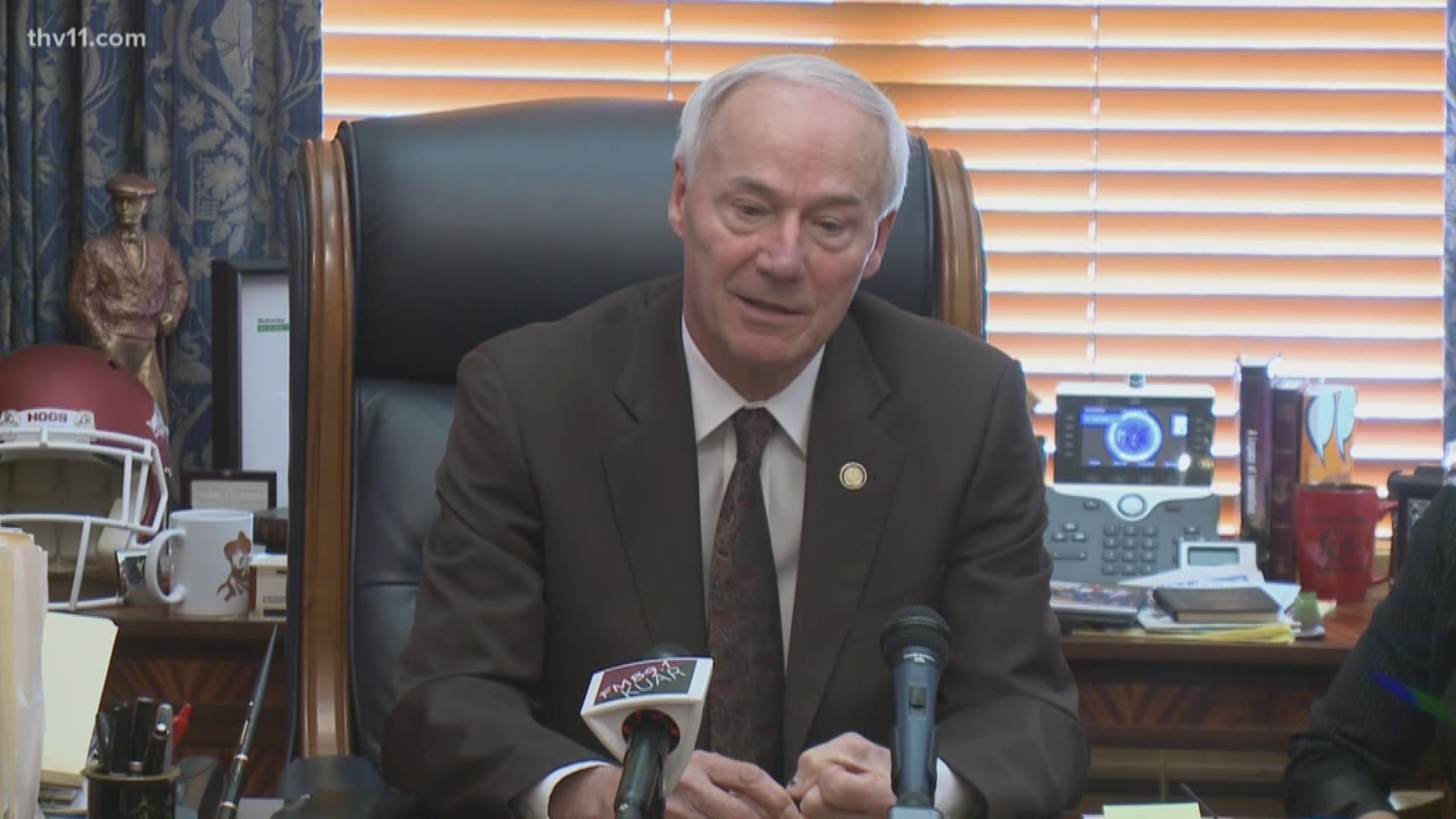The violence against Latinos in El Paso, Texas has many Americans pondering just how much hate is out there right now.
Lawmakers and law enforcement here in Arkansas are calling for change, despite the polarized political atmosphere that sees debate even over the most heinous crimes.
It has long been a challenge to measure how much hate crime is out there.
Overall, the FBI's latest data shows a rise in America, and our political climate certainly makes it feel that way. The data in Arkansas is less clear, but nonetheless, anti-hate efforts are being stepped up.
"I would like to think that we have people in Arkansas that care about each other," said Governor Asa Hutchinson when asked questions about his reactions to the mass shootings in Texas and Ohio.
On Tuesday, he called on legislators to pass a hate crime statute.
"It gives confidence to minority groups that this is not, white supremacy is not reflective of the culture or attitude of Arkansas," he said.
Based on raw data compiled by the FBI through it's Uniform Crime Reporting system, this state has seen a huge drop in how many hate crimes are reported.
It dropped from 170 in 2003 to just seven in 2017, the most recent year with data. The number of law enforcement agencies participating varied between around 200 to 250. The governor said not to let the huge drop fool you.
"We have seen a resurgence in white supremacy dialog," the governor and former U.S. Attorney and DEA administrator said. "I know enough from the 80's that when you have that conversation and that increased dialog, some people are going to take it to the extreme."
One of the current U.S. Attorneys in Arkansas isn't reading too much into the raw data either.
"You look at that and think there's more out there," said Cody Hiland, the top federal prosecutor in the Eastern District of Arkansas. "Under reporting is always a problem in just about every endeavor that you undertake."
Hiland's office has been taking a different approach to take down hate groups beginning with an indictment of the so-called new Aryan Empire using RICO laws, the same way the feds once took down mobsters.
A racketeering charge doesn't count as a hate crime, but it gets the job done. There are other examples.
"We recently just had a felon-in-possession case with a white supremacist that the AUSA prosecuted and received 17 years," Hiland said. "We didn't get him for being a white supremacist, but we were able to step in and put him away for a long time when a charge like that at the state level could have had him out in about a year."
Hiland resists trying to put a number on how many hate group members are in Arkansas. Instead, he's focusing on punishing people who commit violent crimes and being proactive with local officials whenever there's a chance federal charges could lead to longer sentences.
Since his appointment in 2017, the district's caseload is up 83%, making it the fifth busiest in the nation.
For the governor, these latest shootings mean broad statements need to go along with broad efforts.
"There needs to be outspoken leaders that denounce white supremacy," he said, while indicating he has a framework in mind for what anti-hate legislation will look like but won't rush lawmakers into a special session to make it happen.

